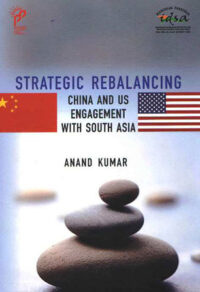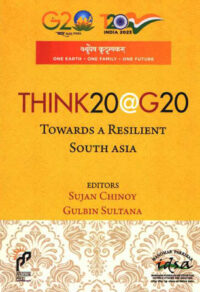NATO’s Counter-Terrorism Strategies in Afghanistan
With the North Atlantic Treaty Organisation (NATO) taking over command from the US-led Coalition Forces in southern Afghanistan and the United States focusing on the eastern part of Afghanistan, particularly along the border with Pakistan, crucial questions have arisen regarding securing Afghanistan and its transition to democracy. How will NATO perform its new responsibilities and what will be its counter-terrorism strategies?
- Prasad P. Rane
- January 2007

















